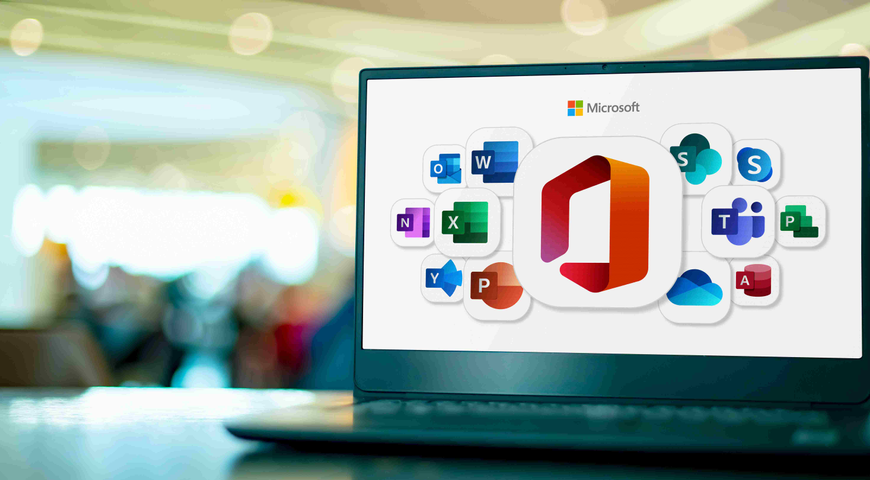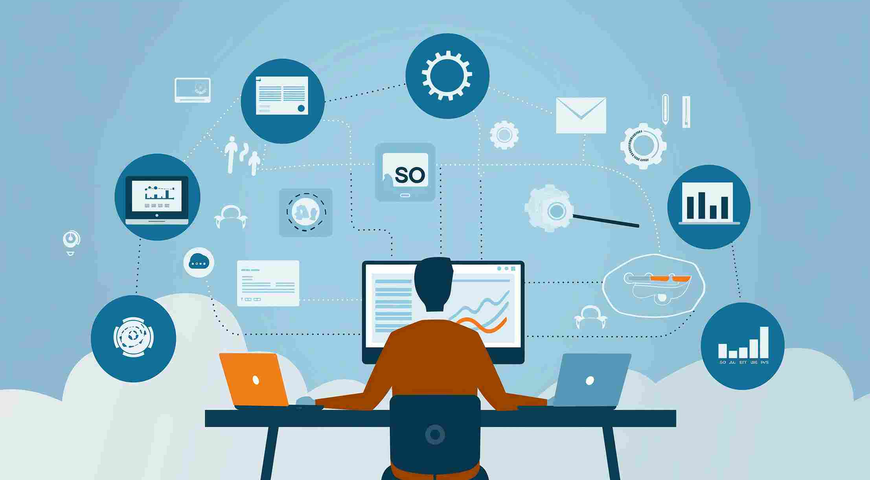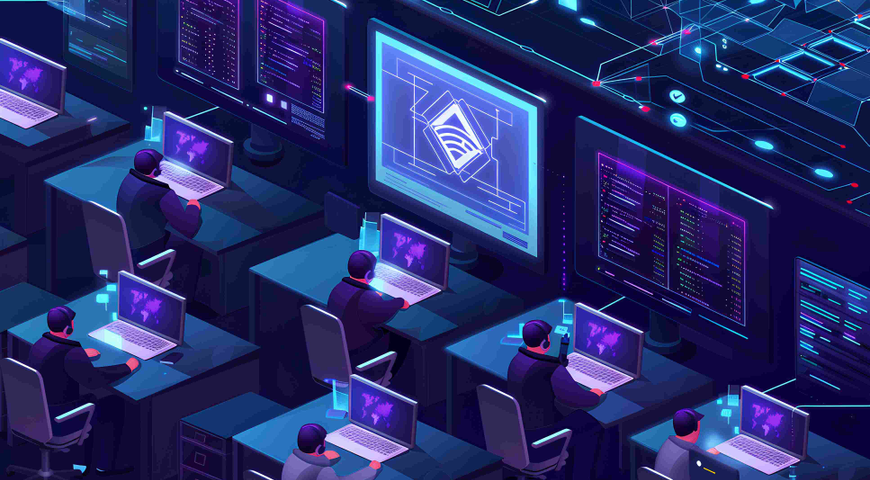
Whose side is AI on, anyway?
A lot of questions about the nascent technology remain mostly unanswered: Is it a breakthrough that will revolutionize human life for the better or just the opposite? Whose jobs will it eliminate? And perhaps of greatest concern to MSP clients: How safe is AI for cybersecurity?
At this point, nobody really knows the answers to any of those questions. But the answer to the last question, the one about safety, is starting to emerge. While some security issues certainly exist with AI, MSPs should present the emerging technology as a net positive — and a necessity — for clients who might have trepidation about it.
The bottom line for MSPs is that they and their clients need AI in order to stay ahead of emerging cyberthreats, many of which are exacerbated by … AI. Like almost every other technology, AI is a tool for both good and evil, at least in terms of cybersecurity. As an MSP, you need to be able to explain to your clients the benefits of AI and how you’re using AI for good to protect their data.
The dark side of AI in business is well known
The dangers of AI are both legitimate and well known. It’s true, and no secret, that entering proprietary data into a generative AI application such as ChatGPT is a bad idea because the large language model (LLM) ChatGPT uses can then blast your information out to anybody. Whatever you’re typing into ChatGPT, you’re basically publishing online.
There’s also the major issue of cyberattackers using generative AI in phishing attacks and to enhance threats such as malware and ransomware to more effectively penetrate networks.
There are other security issues surrounding AI, including poisoning generative AI with corrupt data and inserting incorrect information into otherwise legitimate sources. These activities are far more uncommon.
AI and human collaboration remains a touchy subject
Of course, along with security concerns about AI in cybersecurity, there is also some uneasiness about how the emerging technology will affect jobs. One study by EY.com found that about two-thirds of employees surveyed believed not knowing how to use AI would cause them to lose a promotion. But a survey by the Boston Consulting Group found that 70% of respondents were excited by the potential generative AI held for their jobs. And according to the U.S. Chamber of Commerce, nearly half of small businesses plan to “incorporate AI soon.”
Still, small businesses still face hurdles in adopting AI, the primary one being cost. The Bipartisan Policy Center found that 55% of small businesses found the cost of AI tools to be a barrier to entry. Finding employees who know how to use AI was a problem for almost half of respondents from small businesses.
How MSPs can clear up some confusion about human-AI collaboration
All these mixed emotions and perceptions of AI weigh on how MSPs should talk to their clients about AI and cybersecurity. There are a few key points to make up front:
AI delivers new elements of protection
AI goes beyond what existing technologies (or humans) can do to detect unusual behavior or security anomalies. It’s an always-on detection and warning system that has the considerable advantage of “learning” constantly without human interaction. It’s not static, and that’s part of what makes it so powerful.
There is more to AI than just ChatGPT
Just as there was a time in the mid ‘90s when many people confused Netscape with the internet itself, lots of users think of tools like ChatGPT as AI. Generative AI bots are, of course, examples of AI technology. But they’re just one high-profile example of it. Acronis, for instance, has used AI for years to detect malware and other anomalies in networks, and continues to develop and launch new AI-based cybersecurity functionalities.
AI is the best tool for preventing cyberattacks that also use AI
It’s still a bad idea to enter proprietary information into a tool such as ChatGPT. And it’s not a bad idea to mention that AI has given cybercriminals powerful new tools they use to hone their threats. First, it’s true. Second, it strengthens your position as a necessary protector of your clients’ data. The most effective tactic an MSP can employ to fight AI used for cybercrime is to counter by using AI for data protection. You’re essentially using AI to defend against itself because no other technology can accomplish that task as effectively.
AI can be a real cause for excitement
Many small business owners see the potential in AI but don’t see how it fits into real-world use cases. As an MSP, you can give them a clear path to entry, at least in terms of cybersecurity. When your MSP business manages AI-infused security for clients, you can show them how the emerging technology can make a real, positive impact on their businesses. They can then benefit from AI while you deepen client relationships and grow your business.
The bottom line: Businesses are safer when they use AI in cybersecurity
Here is the final and strongest talking point: While AI can be used for evil, MSPs and their clients can use it for good. Like most technologies, the power of AI is under the control of the user. Those who use it to protect data can effectively neutralize those who wish to steal information.
In fact, organizations that protect their data with AI-infused cybersecurity keep their information far safer than those that don’t. IBM’s Cost of a Data Breach Report 2024 offers some proof:
- Organizations that used “extensive security AI and automation” found and contained data breaches 108 days faster on average than organizations that didn’t use AI tools.
- Organizations that use AI extensively in security saved on average $1.76 million on the costs of responding to data breaches. That’s a difference of almost 40% compared to the average cost of a breach for companies that did not use AI.
- On average, organizations that used security AI and automation extensively for threat prevention saved $2.22 million compared to those that didn’t.
Your clients need to know that they’re better off with you as their MSP and the AI capabilities in Acronis Cyber Protect Cloud on their side. When you talk to them about AI, give them the assurance that while it’s still a rapidly developing technology with some undecided outcomes, it’s also a powerful tool for data protection. Whatever else AI might turn out to be, it’s a boost to cybersecurity for you and your clients right now.
About Acronis
A Swiss company founded in Singapore in 2003, Acronis has 15 offices worldwide and employees in 50+ countries. Acronis Cyber Protect Cloud is available in 26 languages in 150 countries and is used by over 20,000 service providers to protect over 750,000 businesses.




